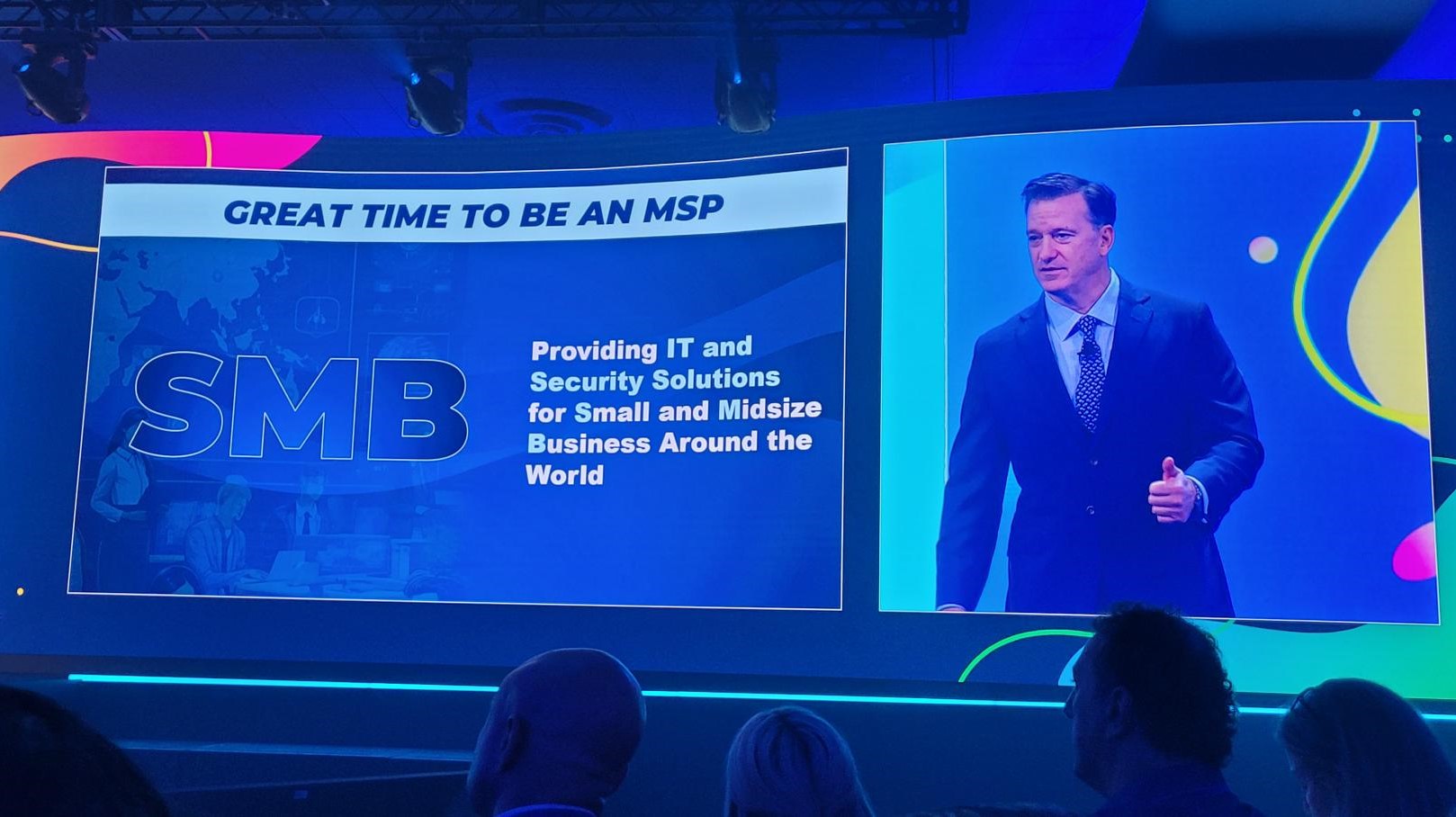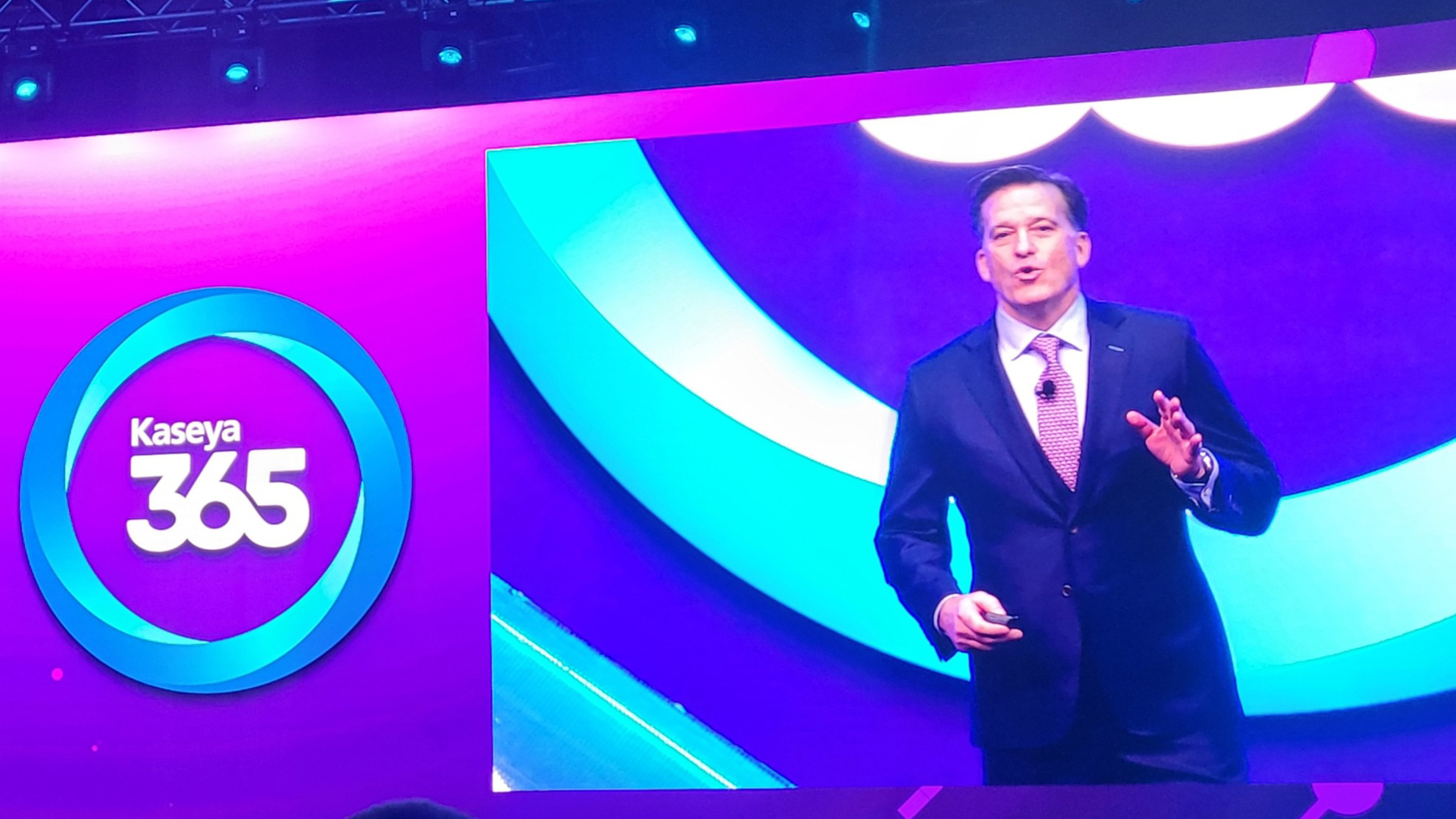By Carolyn Heinze
It used to be that many managed service providers—especially those targeting SMBs—were reluctant to present clients with IT service-level agreements (SLAs). These were contracts issued by corporate behemoths, and the stigma behind them was that they rarely favored the customer—an image that SMB-friendly MSPs didn’t want to create. As the industry has evolved, however, not only do these documents protect MSPs, but they provide reassurance to the client whose very business depends upon the quality and consistency the MSP provides.
 “We are now in a position where it is a lot easier to sell the concept of an SLA to the end user, and it’s a lot easier to sell the concept to an MSP because of all of the protections it affords, not only to the end user, but to the MSP as well,” says Charles Weaver, president of industry association MSPAlliance and managing director at Weaver & Associates in Chico, Calif.
“We are now in a position where it is a lot easier to sell the concept of an SLA to the end user, and it’s a lot easier to sell the concept to an MSP because of all of the protections it affords, not only to the end user, but to the MSP as well,” says Charles Weaver, president of industry association MSPAlliance and managing director at Weaver & Associates in Chico, Calif.
In broad terms, a well-drafted SLA establishes what the MSP’s service capabilities are, thus clarifying the customer’s expectations. “We see a lot of MSPs that get into financial trouble because they do not put any boundaries on the relationship with the client,” Weaver says. This leads to the predictable scenario of the client expecting too much: They’re paying X number of dollars per month; therefore, they want complete indemnification of their network, regardless of any modifications they have made.
“Then the MSP says, ‘How can I respond to that? I have to do it, because otherwise it looks like I’m taking their money without doing any work,'” says Weaver. From there, it’s a downward spiral, one in which the MSP spends too much time and too many resources on that customer, eventually rendering the account unprofitable.
DISSECTING THE CONTRACT
Robert J. Scott, managing partner at Scott & Scott LLP, a legal firm in Dallas, describes the SLA as “critically important” for companies providing services on an ongoing basis. He notes that in hosting and connectivity environments, the definitions of “uptime” and “downtime” are crucial parts of these contracts.
“A description of what a service outage is will frequently be explained in great detail, and sometimes it will include a penalty,” Scott explains. This could include a breakdown of how much the account will be credited if the services the MSP is promising aren’t adequately provided. “What the service-level agreement does is allows the customer and the provider to have a discussion regarding finances that doesn’t go to termination of the underlying contractual relationship.”
But not all SLAs are the same, says Weaver, and MSPs should not take a cookie-cutter approach to drafting this type of contract. “You can’t borrow someone else’s SLA and say, ‘I’m going to make this work for me,'” he says. “A template SLA is completely useless unless it’s in the hands of an attorney.” Each SLA is slightly different because no MSP is exactly the same, and where professional legal counsel comes in handy is determining what, exactly, is fair compensation if the MSP does not provide the uptime the customer was promised.
To illustrate, put yourself in the customer’s shoes. Let’s say your credit card processing service provider is always down between 6:00 p.m. Thursday evening and 3:00 a.m. Friday morning, says Joseph P. Beckman, attorney and co-chair of the business and corporate practice group at Hellmuth & Johnson PLLC in Eden Prairie, Minn. How can you determine what business transactions did not go through? In this case, it’s relatively easy: “You can go back and look at sales over the last three weeks or even the last quarter on Thursdays between 6:00 p.m. and 3:00 a.m., and get a decent estimate on what sales were lost,” Beckman explains.
†Best-Practices Articles Powered by Dell Partner Direct
When downtime is applied to customer service centers, however, it’s a little more difficult. What if the system that runs a call center is down for several hours? Your client may not be losing sales, but there is definitely an impact on how well the company can service its own clients. Coming up with a correct penalty for that is more difficult,” Beckman says, because the “damages”—which are often deemed incidental, consequential, or indirect—can’t necessarily be measured in dollars.
LIABILITY INSURANCE
There are some customers who continue to be reticent about signing SLAs, but the advent of professional liability insurance that’s tailored to an MSP’s business model is shifting attitudes. “Now, MSPs can radically change an SLA to be much friendlier,” Weaver notes. “It can be shorter, it can be more concise in terms of what it details, and it does so because it does not shift the burden or the responsibility over to the client if something bad happens.” Professional liability insurance also protects the MSP in the event of privacy breaches, the details of which are generally covered in an SLA.
While the document itself may be more concise these days, the duration of the average service-level agreement has increased. “Around 2005 to 2007, there was a real push in the channel to suggest to MSPs to have month-to-month [contracts] or even no SLAs, because it was an easier sell for smaller MSPs to get clients into a managed services relationship,” Weaver says. “Now, we are seeing a distinct return to the old way of thinking: Longer SLAs generally mean more value to the MSP in terms of their business.” Not only does an SLA guarantee recurring revenue, it contributes to the entire organization’s value, especially if someone is exploring the purchase of your company.
Scott believes there is a healthy marketplace of potential buyers, provided that MSPs ensure that their SLAs are well written and freely assignable so they can be signed over to prospective purchasers. “One of the main values that a managed service provider has is that they work based on a monthly recurring revenue model,” Scott says. “You can build your business for years and years, but if you don’t have the right contracts in place, your organization will be worth a third of the competition’s, because they have better contracts. If you’ve got good customers with good contracts, you are worth more.”
CAROLYN HEINZE is a freelance writer/editor.
KEY TAKEAWAYS
- ATTITUDES ARE CHANGING: The evolution of professional liability insurance that addresses MSPs has helped to create a positive shift in sentiment toward SLAs in general.
- SLAs ARE ESSENTIAL: Establishing customer expectations up front can save a lot of time and money down the line.
- DEFINE DOWNTIME: Work with a lawyer to clearly define what constitutes a service outage.
- TEMPLATES DON’T WORK: Each SLA is slightly different, because no two MSPs are entirely the same. Enlist the services of a legal professional to draft a suitable contract.
- YOU’RE WORTH IT: Well-drafted SLAs contribute to your company’s bottom line and value in the eyes of a potential buyer.
FOR MORE INFORMATION ON IT SERVICE-LEVEL AGREEMENTS














